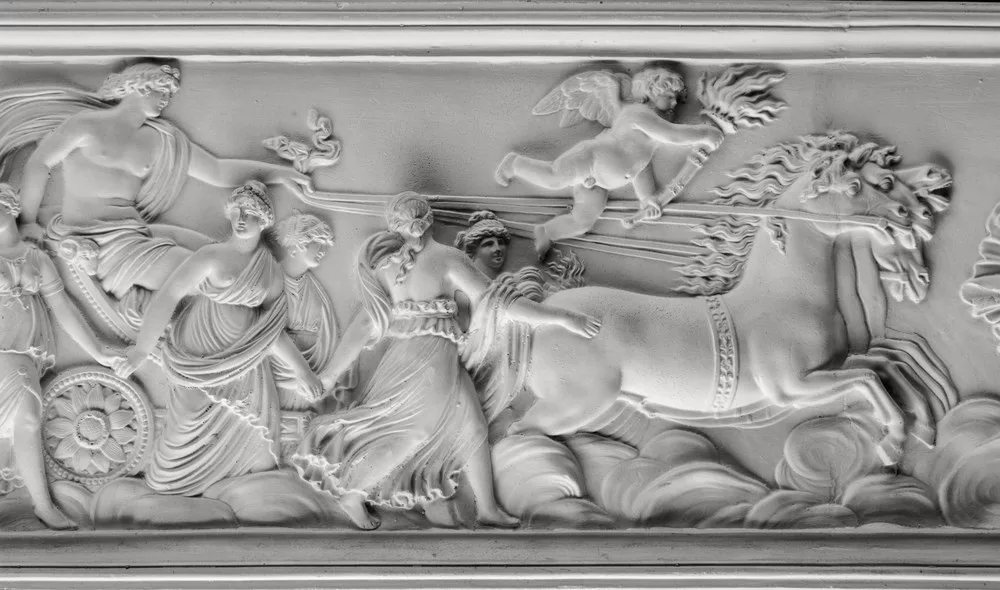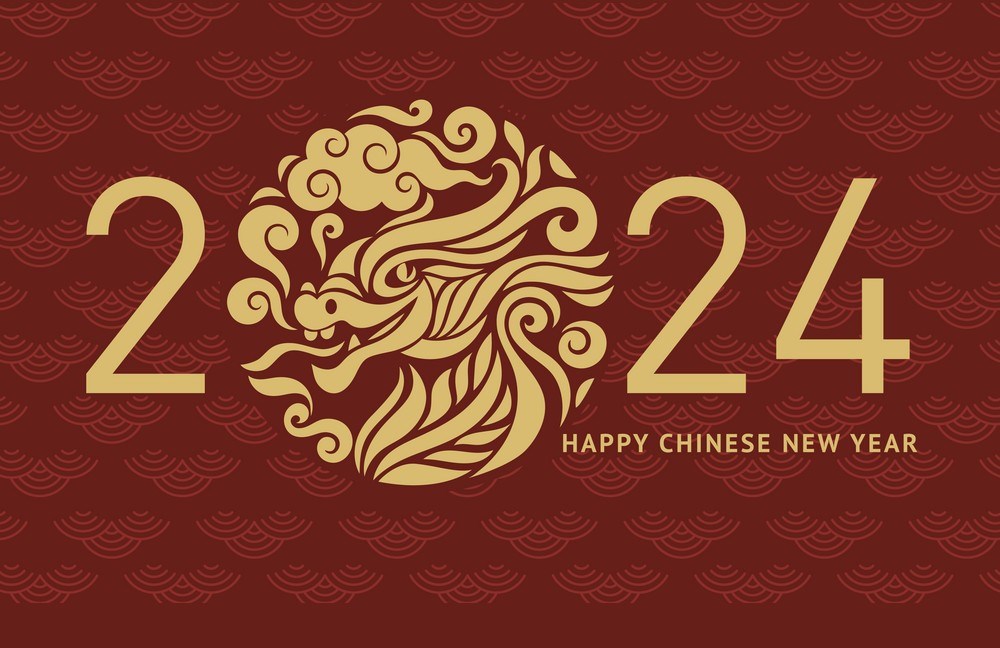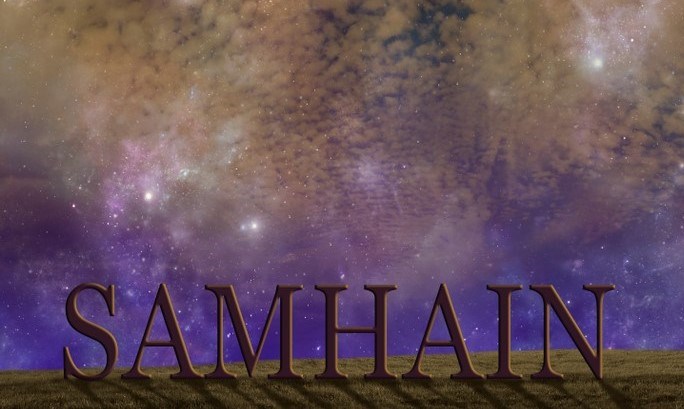
Greek Myths
Greece and its Myths
If we look today at the ancient myths with the benevolent eye of those who have now crossed certain boundaries and can afford to treat them as old fairy tales to tell to children before falling asleep, is because we are children of a long evolutionary process that has had science at its base.
But once it was not so: every people built the foundations of its culture by elaborating mythological narratives and handing them down orally from generation to generation, so that they would become a common and specific heritage.
Many of them served to justify certain realities or certain behaviors, others instead to teach what should be considered positive by what should be considered negative. Finally, others replace those scientific certifications that the modest discoveries of the past could not afford to justify.
Every event, every behavior, every situation has always had a precise mythological reference: it served to explain its causes and to illustrate its consequences. That’s why today there is no community that does not bear the traces of the mythology of the civilization from which it descends. We, for example, rest the pillars of our knowledge on the Latin culture, which in turn has been watered to the sacred sources of Greek culture, from which not surprisingly has assimilated much of its myths, Many of them adapted to those that before the detector contact had elaborated autonomously.
It is therefore to Greek mythology that we must look if we want to understand who we are, where we come from and above all where we go: these are our dominant characters, based on them we plan and elaborate our future, even without wanting it.

ULYSSES
Take for example the well-known myth of Odysseus, who later became Ulysses in the Latin transliteration: Dante himself, although not directly acquainted with the Greek sources, made him the most human hero of his Comedy, entrusting him with the extraordinary symbology of the man thirsty for knowledge, so thirsty as to give up comfort and comfort to push to know the universe around him even at the cost of their lives. Homer had already told us, first in the Iliad and then in the Odyssey, the cornerstones, together with the Theogony of Hesiod, of Greek mythology: Ulysses does not return home immediately after fighting the most extraordinary war that humanity remembers, but turns around the Mediterranean, driven, it is true, by the will of the gods, but also by an insatiable desire for knowledge.
And once home and sitting on the throne of Ithaca again, he abandons everything, according to the variation of the myth that Dante indulges in Hell, because he must know what lies beyond the columns of Hercules. But he goes beyond the lawful and the gods punish him with death. A story like so many, told thousands of times in the ancient holds by singers wandering in front of the fire and dozens of faces amazed: because they were not stories, but examples of life, suggestions of behavior, symbols of the most important values to pursue in one’s own existence.
FROM CHAOS TO ZEUS
And what about the myth of the birth of the world? At the beginning it was just Chaos: we used decades of scientific analysis and theoretical elaborations to establish this principle. And suddenly there appeared Gaia, the earth, who begat Uranus, the heaven, with whom he joined himself to give life to the Titans, and to the Centimans, and to the Cyclops; Then he begat Pontus, the sea, until a bloody reckoning between Uranus and one of his sons, the Titans, Cronus, gave him absolute power.
With Hera Cronus he had numerous other sons who slowly populated the earth, including Poseidon, god of the sea, Hades, god of the underworld, and Zeus, god of the earth: it was the latter who challenged the father and, with the help of his mother, to take over the kingdom of the world. Explained this, no ancient Greek asked further questions about the doctrines according to which the world would be the evolution of a series of ages each characterized by specific situations.
The world was like this for that and men behaved in a certain way for a series of justifications that always found their most important references in the world of the Superni, the gods who lived on Olympus and who inevitably had attitudes very similar to those of humans: on the other hand, in Greek religion and mythology, it was man who created gods in his image and likeness and not the other way around, as illustrated by the Christian doctrine that ancient mythologies seems to want to do without, even if it is absolutely not so.

MYTHS AND CIENCE
The influence of the myths of antiquity has also gone into the monotheistic religions, ending up forcing the ministers of worship to create, justifying them, syncretisms difficult to sustain, but indispensable to make comprehensible the new doctrines.
On the other hand, who would be the patron saints if not the transfiguration of ancient gods and their specific prerogatives for the benefit of men who invoke them to receive something from them? The system in antiquity has held well, indeed very well, as long as science has not begun its arduous journey: every scientific discovery has been a pickaxe to the ancient mythology, that has begun to lose piece by piece all its precious wealth of knowledge until it is reduced to symbolic reference, however important, as the myth of Ulysses has shown above.
Science began to explain events and behaviors in a less fanciful and more justified way and men understood who they should believe from that moment on. Yet science and mythology have often reached similar conclusions, testifying that the insight of men was sometimes such as to anticipate the results.
Both speak of invisible or incomprehensible things and they do it through theories, the other through myths, both narratives useful to make material what is not material.
So it is not out of place to think of scientists as today’s vati, singers of stories aimed at interpreting the experience and making it digestible to their fellow human beings.
Discover our Greek Collection










